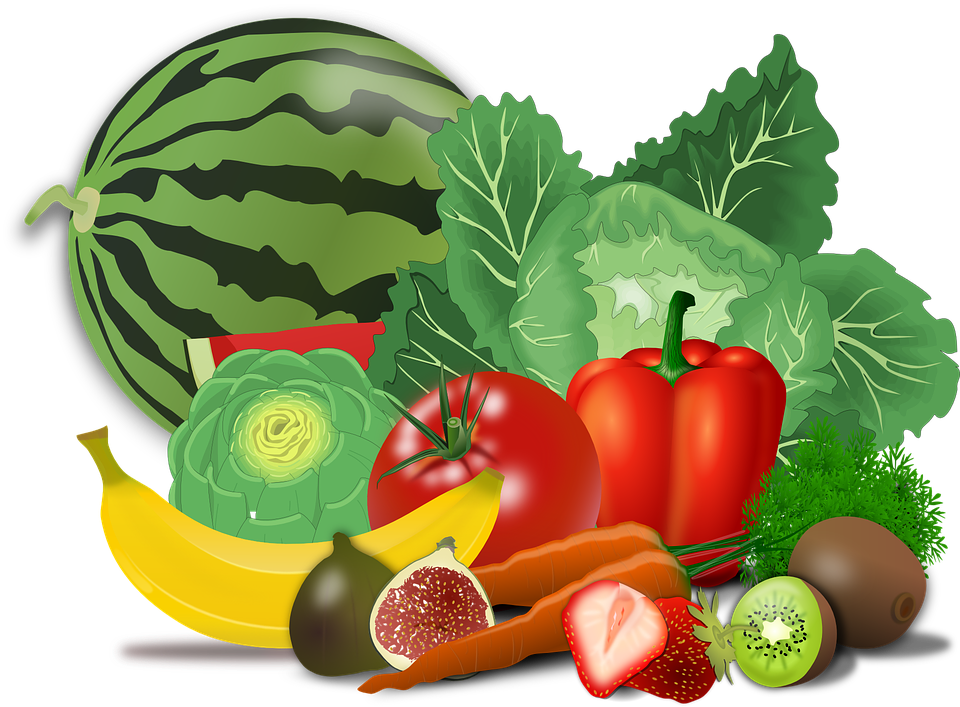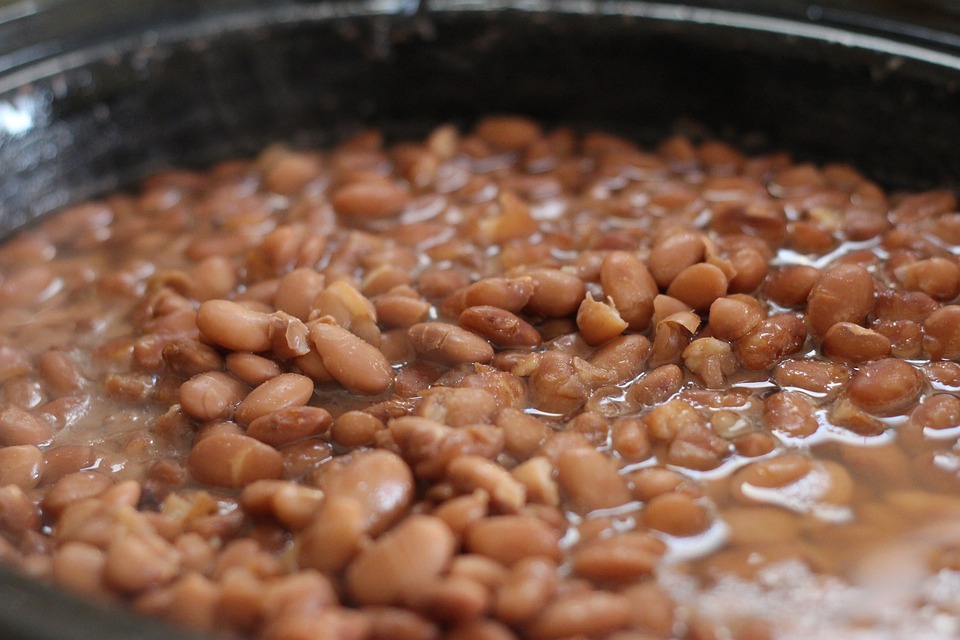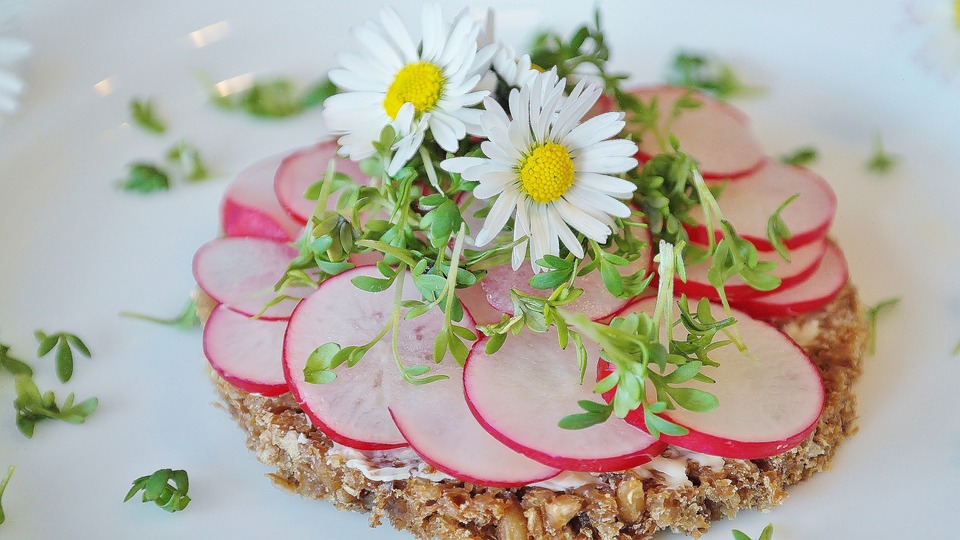Do we really need to talk about fiber?
Most of us do not eat enough fiber. But, why should we? And…do we really need to talk about fiber?

Dietary fiber is found mainly in whole grains, fresh fruits and vegetables. The same foods that provide us with many healthy nutrients (vitamins, minerals, carbohydrates) and are part of a nutritious and healthy diet.
Confused about fiber?
There’s often confusion about what fiber is and why it’s important. So…here we go–keep in mind that in discussions of why fiber is good for us, we’ll talk about body functions and things that likely happen on a daily basis. And, although we might not want to talk about our bathroom habits, having healthy bowel function is important for many reasons.
Sometimes fiber is called roughage or bulk and includes the parts of plant foods your body cannot digest or absorb. Fats, proteins and carbohydrates (essential nutrients we need every day) are digested and used by your body. Fiber, on the other hand, isn’t digested and passes relatively intact through our stomach, small intestine, and colon and out of our body as waste (Mayo Clinic). Fiber helps keep our bowel habits regular and “cleans us out,” during the waste removal process.
There are two types of fiber, soluble and insoluble. We need both.
Soluble fiber dissolves in water to form a gel-like material. This type of fiber can help lower blood cholesterol and glucose levels. Examples of foods that are good sources of soluble fiber are oats, barley, peas, beans, apples, citrus fruits, and carrots.
Insoluble fiber increases bulk and promotes the movement of material through the digestive system. Foods with whole-wheat, wheat bran, nuts, beans and vegetables, such as leafy greens (spinach, kale, etc.), green beans, potatoes (especially peelings) are good sources of insoluble fiber.

Most plant-based foods contain both soluble and insoluble fiber. We should eat a wide variety of foods containing fiber, aiming for 20-35 grams of fiber daily.
Benefits of fiber:
- Helps us have healthy bowel habits (larger, softer stools and more regular)
- Helps protect against cancer of the colon and rectum
- Helps prevent hemorrhoids, deverticulosis and irritable bowel syndrome
- Helps control triglyceride and glucose levels
- Lowers risk of heart attack and stroke
- Assists in healthy weight management
So while we may not want to talk about our bathroom habits…
We do really need to talk about fiber.
So…in summary, fiber is an essential aspect of a healthy diet. Where do we find fiber?
Good choices of fiber?
- Whole-grain foods (bread, pasta, quinoa, oatmeal, cereals)
- Fruits
- Vegetables (remember 5 a day of fruits and veggies–prepared in a healthy way)
- Beans, peas and other legumes
- Nuts and seeds
Don’t forget to read labels when grocery shopping to check on fiber content.
Making good nutrition choices helps us live a longer and healthier life. Praying for you, as you strive to make healthy choices, my friends.

We do sometimes reach for those tasty treats that aren’t good for us instead of making healthy choices. Your posts help keep us on track and remind us to check what we put in our bodies on a daily basis. Thanks for being our health coach, Katherine!
Those tasty treats are tempting and I’m as guilty as the next person in desiring those sugar packed, high calorie goodies. But just like when sin tempts us, we can call on our Lord to give us strength to resist the temptation. Our Father wants us to live an abundant life and a healthy life is an abundant life. I’m grateful to our Lord if I can be an encourager to give hope to those wanting to make healthier lifestyle choices. Thank you, Barbara, for being an encourager for me.
Love your title for not your regular topic … Thanks Katherine. Practical and helpful.
Thank you, Sylvia. Wishing you and your family a blessed Easter.
Yes, we really do need to talk about fiber, and you said it well, Katherine.
I’m grateful for your encouragement, Diana. I pray that we all can make better choices in what we eat, including consuming healthy amounts of fiber. Blessings!
Thank you for the reminder to eat more fiber! I often record my food intake into an app. After reviewing my average daily amount of fiber, I found it was too little. Something to work on!
Those apps can be very helpful, LuAnn. Thank you for reminding us of their usefulness. I’m glad you received some helpful information. Wishing you a blessed Easter.
Sure hope I’m allowed to have cornbread with that pot of beans Ms. Katherine. Beans and other soluble fibers are staples here at the Cross-Dubya, and should look to add others, but we have to be careful with them these days for my Ms. Diane. Thank you for all your healthy tips.
Beans are one of my favorites, too, and corn bread just makes them better. Glad to hear that you’re already including those healthy plants and other fiber-rich foods. Wishing you and your sweet bride good health and blessings. Happy Easter!
I’d think cornbread would be better than white flour bread for fiber.
Brown rice, oatmeal, vegetables, fruits, legumes–good sources. And if you don’t like them, you can sneak them into soups and breads. Zucchini bread is wonderful.
Great information here, Katherine. Thanks and God bless!
You are right, Nancy. White flour has been refined so much that it’s lost most of its healthy nutrients. The other foods you mention are great. Sounds like you’re doing good on the fiber list. I like Zucchini bread, too! Wishing you and your family a blessed Easter.